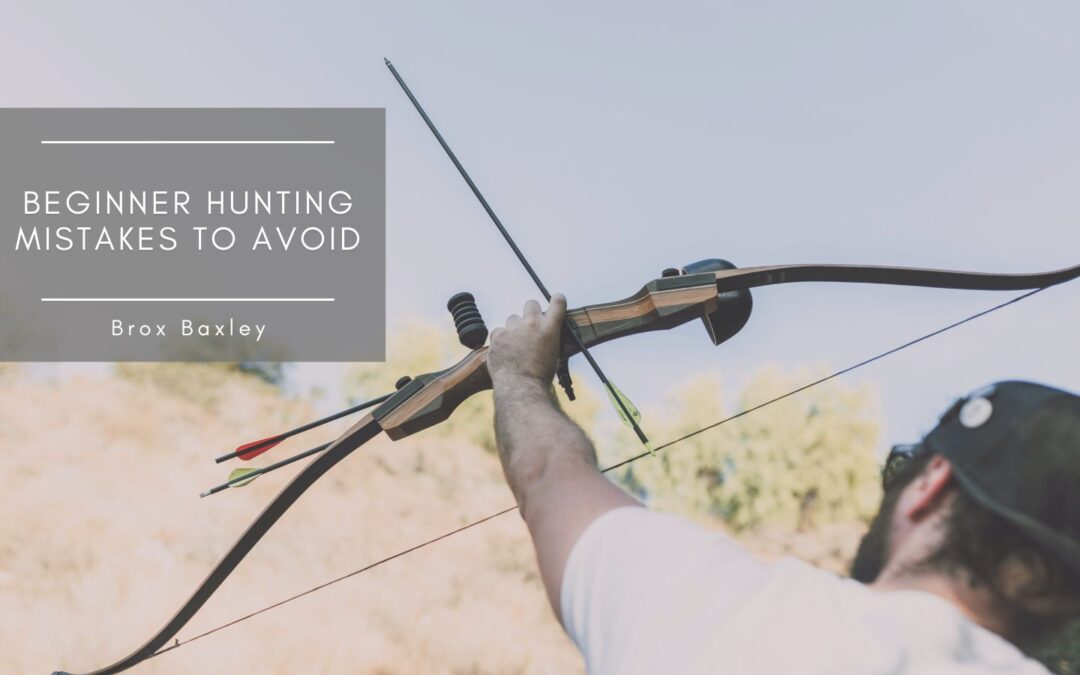Hunting, an activity steeped in tradition and skill, is a journey that begins with enthusiasm and, often, a steep learning curve. Diving into the hunting world can be as challenging as exciting for beginners. Mistakes are inevitable, but understanding the most common can significantly enhance the hunting experience. Whether dealing with equipment, understanding wildlife behavior, or ensuring safety, being aware of these common errors will set a strong foundation for a fulfilling hunting journey.
Hunting has evolved from a survival activity to a sport that requires skill, patience, and respect for nature. For beginners, the allure of connecting with the wild, mastering a new skill set, and the thrill of the chase is compelling. However, the transition from novice to experienced hunter is paved with potential mistakes that can affect success and safety.
The complexity of hunting lies in its multifaceted nature. It’s not just about pursuing a game; it involves wildlife knowledge, tracking skills, equipment handling, and understanding legal and ethical standards. Novices often underestimate these aspects, focusing solely on the goal of making a kill.
Moreover, the modern hunting landscape is influenced by technological advancements and changing wildlife habitats, adding layers of complexity for beginners. Adapting to these changes while upholding traditions and conservation principles is a delicate balance every hunter must learn to manage. Acknowledging common beginner mistakes is a crucial step in this learning process.
Inadequate Preparation
One of the most prevalent mistakes made by novice hunters is inadequate preparation. Preparation encompasses a range of activities, from physical conditioning to equipment readiness and understanding of game behavior.
Physical fitness is often overlooked. Hunting constantly requires long hours of walking, sometimes in challenging terrain. Lack of stamina can diminish the chances of a successful hunt and pose safety risks. Similarly, unfamiliarity with one’s equipment can be a significant setback. To ensure proficiency and safety, beginners should spend ample time practicing with their hunting gear, be it firearms, bows, or other tools.
Understanding the targeted game’s behavior and habitat is also crucial. Novices tend to underestimate the importance of studying animal patterns, migration paths, and feeding habits. Without this knowledge, hunters can spend hours or days without encountering their prey.
Preparation also includes knowledge of local hunting regulations and obtaining necessary licenses. Failing to comply can lead to financial or legal consequences.
Poor Scent and Sound Management
Another common mistake for beginners is the neglect of scent and sound management. Wildlife has keen senses, and human smell or noise can easily alarm them, drastically reducing the chances of a successful hunt.
Scent control starts before entering the hunting area. Using scent-free soaps and detergents and avoiding perfumes or scented products is essential. Clothing should be washed in scent-free detergent and stored in airtight containers. In the field, using scent-eliminating sprays can help reduce human odor. Wind direction is also critical; hunters should approach areas with the wind facing them, preventing their scent from reaching the game.

